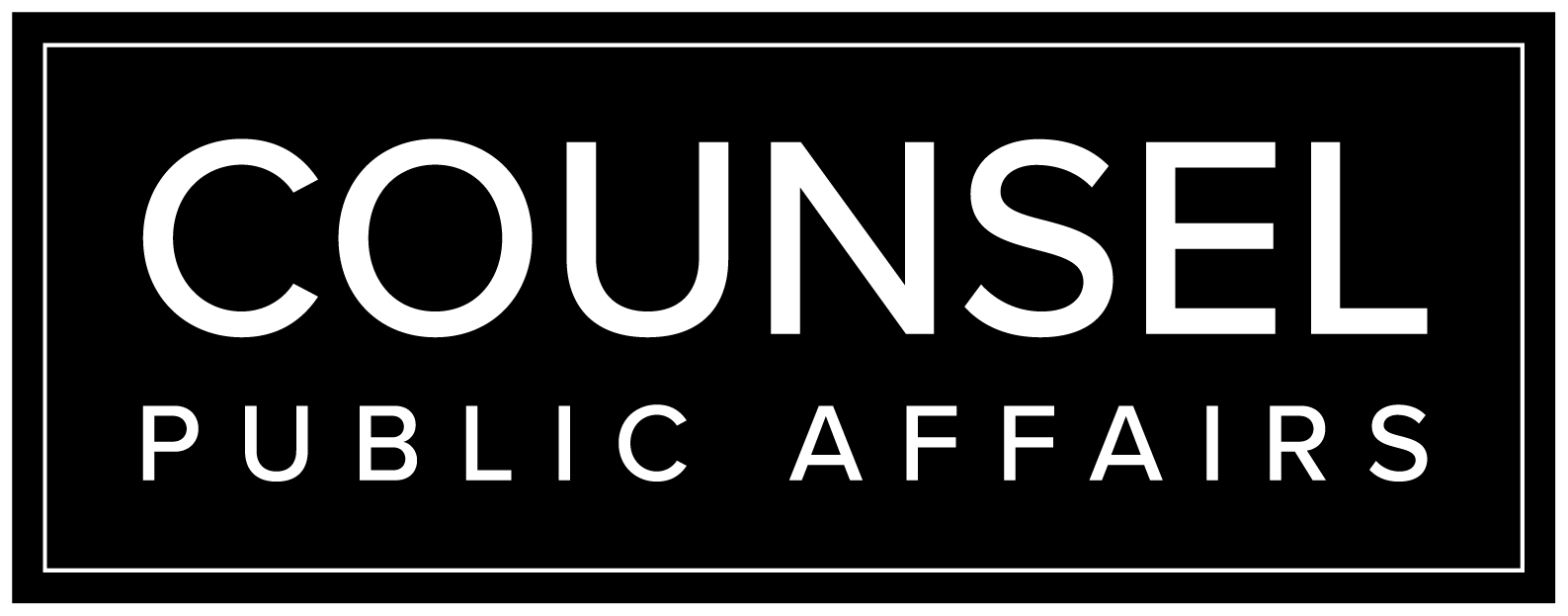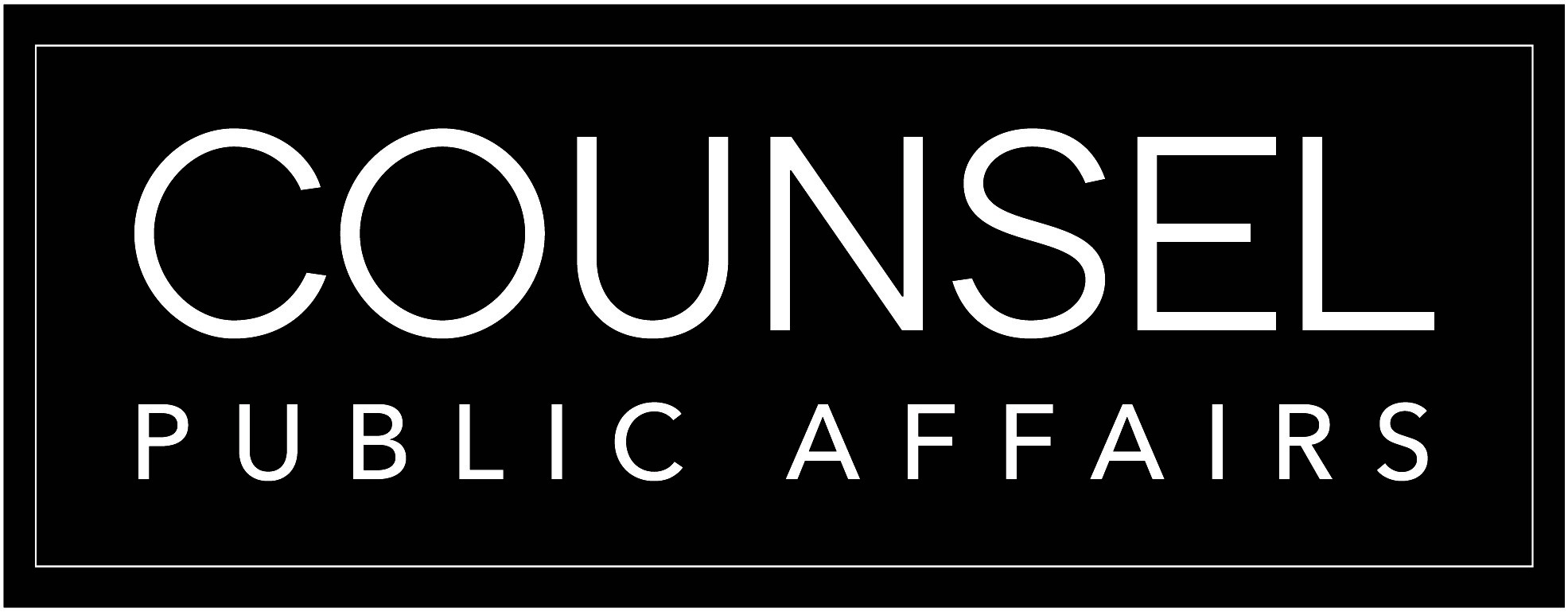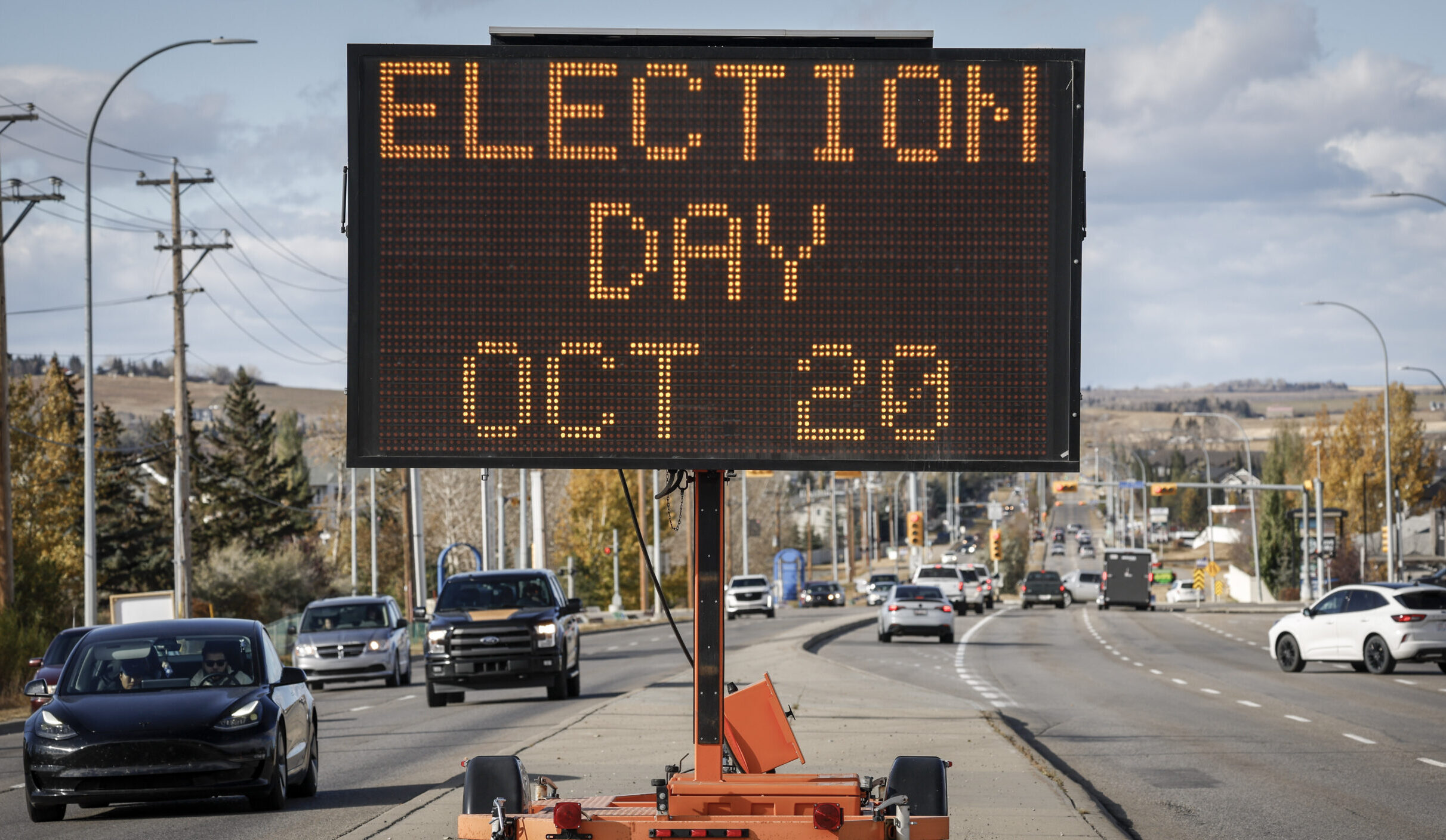Alberta’s 2025 Municipal Elections: What the Results Mean for Calgary and Edmonton
As the dust settles on Alberta’s municipal elections, voters in Calgary and Edmonton have ushered in new leadership and tested a first-of-its-kind experiment: the introduction of municipal political parties.
The provincial government’s intent was to make local politics more transparent by allowing voters to clearly understand where candidates stood ideologically. In practice, the results show that while political organization helped some of the candidates, the power of incumbency and local name recognition were still the most influential factors.
The Emergence of Civic Parties
This election marked Alberta’s first municipal contest under a formal party system. Under the new framework, parties can:
- Register legally with the municipality or Elections Alberta.
- Centralize fundraising and expenditures, improving transparency and accountability.
- Nominate candidates who appear under the party’s name on the ballot.
- Comply with governance and financial disclosure requirements.
While parties offered candidates greater branding and logistical support, many chose to remain independent — and the results show that party affiliation did not guarantee victory.
Party Landscape and Election Outcomes
Calgary
Three parties fielded notable slates:
- A Better Calgary– Positioned as the fiscally conservative choice, advocating for core services and municipal basics.
- The Calgary Party– Framed itself as a progressive, city-first option focused on standing up to provincial overreach.
- Communities First- A slate of like-minded independents prioritizing local representation and constituent-focused governance.
Results:
- Mayor: Jeromy Farkas (Independent)
- Council: A mixed composition of independents and Communities First members, with A Better Calgary securing a single seat.
- Notably, Communities First performed well, winning multiple wards and narrowly missing the mayoralty.
Key Takeaway:
Despite party organization, most successful candidates ran as independents. However, the narrow margin between Jeromy Farkas and Communities First’s Sonya Sharp signals that structured local campaigns can now be competitive in Calgary.
Edmonton
Two slates emerged:
- A Better Edmonton– Led by Tim Cartmell, with a focus on pragmatic governance, safety, and fiscal prudence.
- Principled Accountable Coalition for Edmonton (PACE), A coalition of fiscally responsible and community-oriented candidates.
Results:
- Mayor: Andrew Knack (Independent)
- Council: Three Better Edmonton candidates were elected, including incumbent Karen Principe.
- PACE candidates failed to secure any seats.
Key Takeaway:
The Better Edmonton slate gained some traction but struggled to differentiate itself from the UCP brand, which limited its appeal in more progressive wards.
Profiles in Leadership
Jeromy Farkas – Incoming Mayor of Calgary
Returning to public life after his 2021 mayoral loss, Farkas campaigned as a pragmatic independent focused on affordability, safety, and transparency. His win reflects voters’ desire for steady fiscal management and a focus on basics.
Challenges ahead: Building consensus in a council split between independents and party-backed councillors, while managing growth, housing affordability, and service delivery.
Andrew Knack – Incoming Mayor of Edmonton
A seasoned councillor, Knack’s victory as an independent demonstrates voter preference for pragmatic leadership over partisanship. His platform emphasized affordability, safety, and public service reliability.
Challenges ahead: Balancing fiscal restraint with infrastructure investment, addressing property tax concerns, and managing relations with Premier Danielle Smith’s government.
Who won the ward seats?
Calgary
Ward 1- Kim Tyers (Communities First)
Ward 2- Jennifer Wyness (Independent) (i)
Ward 3- Andrew Yule (Independent)
Ward 4- DJ Kelly (The Calgary Party)
Ward 5- Raj Dhaliwal (Independent) (i)
Ward 6- John Pantazopoulos (Independent)
Ward 7- Myke Atkinson (Independent)
Ward 8- Nathaniel Schmidt (Independent)
Ward 9- Harrison M. Clark (Independent)
Ward 10- Andre Chabot (Communities First) (i)
Ward 11- Rob Ward (Communities First)
Ward 12- Mike Jamieson (A Better Calgary)
Ward 13- Dan McLean (Communities First)
Ward 14- Landon Johnston (Independent)
*(i) notes incumbents
Edmonton
Ward Anirniq– Erin Rutherford (Independent) (i)
Ward Dene – Aaron Paquette (Independent) (i)
Ward Ipiihkoohkanipiaohtsi – Jon Morgan (Independent)
Ward Karhiio– Karen Tang (independent) (i)
Ward Métis– Ashley Salvador (Independent) (i)
Ward Nakota Isga – Reed Clarke (Better Edmonton)
Ward O-day’min– Anne Stevenson (Independent) (i)
Ward Sspomitapi– Jo-Anne Wright (Independent) (i)
Ward papastew– Michael Janz (Independent) (i)
Ward pihêsiwin– Michael Elliot (Better Edmonton)
Ward sipiwiyiniwak – Thu Parmar – (Independent)
Ward tastawiyiniwak– Karen Principe – (Better Edmonton) (i)
*(i) notes incumbents
It is also important to note, the power of third-party advertising was present in both jurisdictions. All but one of the incumbents in Edmonton who were endorsed by the third-party advertiser, Working Families Edmonton, were successful in their re-election, including the mayor, Andrew Knack.
Key Trends and Analysis
- Low Voter Turnout
Both cities saw historically low turnout, driven by voter fatigue and external disruptions (e.g., strikes, apathy). The new party system did not appear to mobilize new voters.
- Power of Incumbency
Incumbents fared well, especially those endorsed by third-party advertisers like Working Families Edmonton. In Edmonton, all but one of their endorsed candidates — including Mayor Knack — were re-elected.
- Parties vs. Slates
Many so-called “parties” functioned more like campaign slates. Without mechanisms like caucus discipline or legislative enforcement (unlike in provincial or federal politics), councils will remain collaborative and consensus driven.
- The Province’s Experiment
The Alberta government’s pilot of municipal parties provided structure but not necessarily clarity. It’s likely the province will review whether changes to the Municipal Government Act (MGA) are needed before the next election cycle.
What’s next?
As newly elected councils are sworn in, expect the tone at city hall to remain largely non-partisan. While civic parties may form informal voting blocs, local priorities — zoning, service delivery, and infrastructure — will dominate.
For business and community leaders, now is the time to engage with new councils. Early outreach can shape the policy agenda and ensure your organization’s interests are reflected in the first 100 days of municipal governance.
How Counsel Can Help
Counsel Public Affairs’ Alberta team brings deep expertise in municipal strategy, stakeholder engagement, and intergovernmental relations.


